Writing Lessons for the Blind and Deaf (excerpt)
from the future Spanish of Mario Bellatin
translated by David Shook
Josué’s mother was blind. Not always. She lost her eyes one at a time, starting at about age 49, in people years. That’s seven years old for a Chihuahua, which, though a little early, isn’t exceptionally unusual. The process began with a slight milkiness at the perimeter of her bulging left eye. Aw, she’s got cataracts, the show circuit groomers cooed. Know-nothings with no creativity, no curiosity. She had uveitis. Her ophthalmologist explained the disease by making a drawing on a whiteboard: tiny triangles, which she explained were the eye’s pumps, shedding off the eye’s regular waste emissions—mostly a solution of minerals and salts. The regular wastes were represented by tiny squares that looked like grains of rough-cut salt, maybe Himalayan. The ophthalmologist prescribed two medicines: a 5% sodium chloride hypertonicity ointment, to help with the shedding of the wastes, and Flurbiprofen, an eye drop administered every other day, to slow the progress of the tiny pump’s malfunction. Josué’s mother, two-time Inland Empire regional show champion Okie Doke, retired at an early age because of the C-section required for Josué’s birth—at 2.2 pounds, she was too small to deliver him. The operation had left two scars: the one along her lower abdomen, which somehow also resulted in the disappearance of one of her left-row nipples, leaving her just seven, her breeder’s favorite number—and God’s—but an unacceptable disproportion for a show dog, and the psychological scar, which faded more slowly, fleshy and keloided and suspicious. It was that scar, more than the eyes, that disqualified her from showing. Still, she remained her breeder’s favorite, his most needy beast, living most of her adult life atop some piece of furniture: his sofa, his favorite Milo Baughman recliner, his bed. She was too small to jump up onto them herself, so he would grip her body like a tiny American football, fingers laced between her uneven nipples.
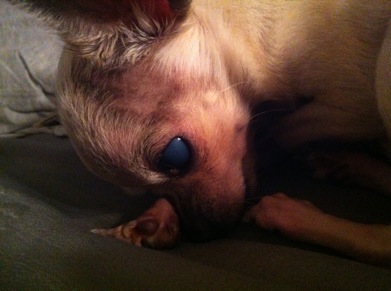
The breeder’s favorite Chihuahua, Okie Doke, c. 7.5 years old, displays early signs of uveitis in her left eye.
*
Dik Dik Tracy, named after the miniature African gazelles the breeder had seen as a child in his pictographic encyclopedia, impregnated Okie Doke with Josué one afternoon while the breeder catnapped on the couch, some procedural police show droning on as soundtrack to the dog’s impulsive act. The breeder awoke as the beast’s lipstick penis pumped its penultimate squirt of semen into his innocent Okie Doke. Horrified, he began to scream, then swatted Dik Dik with a rolled newspaper until he cowered beneath the coffee table. The breeder spent the evening floundering in guilt and Malbec, first for having fallen asleep with the two sexually peaking animals unsupervised, then for having punished Dik Dik so severly.
Dik Dik was too large to be a proper show dog, weighing in at just under five pounds. Still, as a young dog he had participated in several shows, more for the experience than the possibility of winning. Plus, the breeder reasoned, perhaps he could get work as a stud, with his strong frame and good lineage. (His grandmother, Queen Isabel, and great-uncle, Columbus Casanova, had both been champions.) In some way, the breeder also considered it a sort of punishment for having impregnated Okie Doke: the meticulous grooming and fuss—gland cleaning, nail polishing, ear flushing—violated Dik Dik’s sense of dignity, as he had Okie Doke’s.
Whether in revenge or by nature, Dik Dik soon embarrassed the breeder publicly, first by humping a judge’s leg, a frowned-upon but not entirely uncommon occurrence for a young show dog, which though not technically disqualifying the animal was perhaps worse for their future on the show circuit, as such behavior was not quickly forgotten and the judge pool, especially in culturally deprived areas like the Inland Empire, was not large. The breeder kept Dik Dik in the competition, despite the humiliation, to practice his new handler, a psoriatic thirty-something vet tech who outweighed Dik Dik by at least 50 times. According to the handler, now one of the breeder’s few true enemies, a leash malfunction had led to Dik Dik’s escape from the grooming area after his humiliating performance. Returned to the floor during the Pomeranian showing, Dik Dik mounted R.S. Poofball, a four-time American Kennel Association champion and fixture on the European circuit—perhaps more unfortunate than his pedigree was his male sex, since, owing to the quick wit of one show commentator, the act was widely referred to thereafter as the Dick-Dick Incident.
It took the breeder several months to consider Dik Dik Tracy a dog again. He read several articles about homosexuality in non-human animals: a natural behavior in giraffes and some birds, apparently. He consulted several dog trainers about the possibility of training it out of him, which they generally advised against. Finally he decided to neuter Dik Dik, a difficult decision considering his previous plans to hire the beast as stud, but an easier and much faster solution, he thought, to curb the dog’s homosexuality—one he would come to regret in old age as an act of unwarranted cruelty, a return to the Middle Ages even, and a failure to accept the personality, however deviant, of one of his beloved dogs.
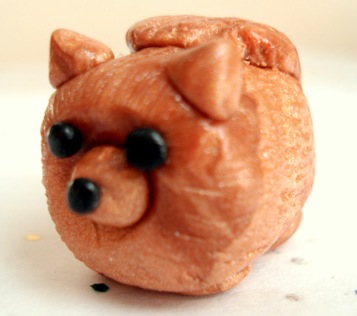
Clay figurine of R.S. Poofball, sculpted by a deafblind student as part of a history display at the Academy of Writing Arts for the Blind and Deaf.
*
Before I tell much more of this story, I must admit to the strange nature of its telling, which deserves some basic explanation. First, the unusual coindence of my brother’s deafblindness. As best I can understand it, I contracted congenital rubella syndrome in the womb, six weeks into my mother’s first pregnancy, when she came down with a particularly purplish case of rubella in Colton, California. The salt-and-pepper retinopathy of my condition allows me to make out vague figures in well-lighted environments; my sensorineural deafness is severe, but the surgical implantation of an experimental clucking device allows me to identify vocalic, nasal, bilabial, and velar phonemes, and years of practice at contextualization and a system of lexical elimination allow me to identify alveolar sounds with 75% accuracy. My brother, with whom I share a mother but whose father is unknown—at least to me, is far less lucky, having been born with Usher Syndrome I. Though his early doctors hoped he would retain foveal vision, he was completely blind at six, having already learned to read. As I am almost five years his elder, our mother had already endured two bankruptcies in financing my own healthcare costs, and financial limitations prohibited the possibility of discovering whether a clucking device like my own would have also worked for my brother. Perhaps his reading before the complete onset of blindness facilitated his adeptness as Braille, which he quickly mastered—even composing occasional poems in the language, and which we use to communicate to this day, using both his 1970s Brailler, his first—which he prefers for its nostalgia, and my computer, which allows me far greater speed in storytelling.
This document, and its account of the unusual founding of the Academy of Writing Arts for the Blind and Deaf, is primarily for him, typed originally into my computer Brailler over the course of several months, following years of investigation. I have traveled across the country seeking relevant sources, no matter their seeming inconsequentialness, and have interviewed persons from R.S. Poofball’s handler on the morning of the fateful Dick-Dick Incident, who still lives quite nearby in Downey, California, to the surviving heir of the breeder’s poetess companion, who now resides on the East Coast. I have chosen to output this document in its current form in the hopes that it might be of interest to the greater public, both as historical document and as inspiring case study on the fulfillment of improbable dreams by even more unlikely actors. The Braille version of this account is available free of charge from the Academy of Writing Arts for the Blind and Deaf, as well as from several mail-order Braille resource services.
*
One afternoon, sitting in the waiting room at the canine chiropractor while Okie Doke endured her weekly adjustment, the breeder read a magazine article about a blind chemist. He was fascinated. MRIs had shown that Okie Doke’s brain, though just larger than a walnut in its shell, placed her in the upper 20th percentile for her diminutive body weight, and the article made him wonder if, like the blind chemist, her worsening sight had sharpened her other senses. The blind chemist had learned to identify within three to five degrees the temperature of a Bunsen burner’s flame, by the sound of the combusting butane it emitted. The breeder excused himself to the office restroom, where he discretely ripped open the magazine’s seams to remove the three-page article, before disposing of the magazine in the wall-mounted trashcan and covering its remains in several crumpled paper towels. His mind was already whirring.
* *
Ten emails about the translation of the still-unwritten Writing Lessons for the Blind and Deaf, with all characters mentioned explained by the translator
Mario Bellatin and David Shook
translated by Heather Cleary
| New Translation Project 10 messages |
| David Shook |
Sat, Mar 2, 2013 at 7:24 PM |
|
| To: Mario Bellatin | ||
|
||
| Mario Bellatin |
Sat, Mar 2, 2013 at 7:54 PM |
|
| To: David Shook | ||
|
||
| David Shook |
Sun, Mar 3, 2013 at 4:27 PM |
|
| To: Mario Bellatin | ||
|
||
| Mario Bellatin |
Sun, Mar 3, 2013 at 6:50 PM |
|
| To: David Shook | ||
|
||
| David Shook |
Sun, Mar 3, 2013 at 6:53 PM |
|
| To: Mario Bellatin | ||
|
||
| Mario Bellatin |
Tue, Mar 5, 2013 at 6:32 PM |
|
| To: David Shook | ||
|
||
| David Shook |
Tue, Mar 5, 2013 at 9:49 PM |
|
| To: Mario Bellatin | ||
|
||
| Mario Bellatin |
Wed, Mar 6, 2013 at 8:01 AM |
|
| To: David Shook | ||
|
||
| David Shook |
Wed, Mar 6, 2013 at 9:04 AM |
|
| To: Mario Bellatin | ||
|
||
[1] Mario’s two dogs. Pérez is an Australian shepherd and Golda is a Spanish Galgo, or greyhound, known as Lady Galga.
[2] The writer Syd Shook, my wife and our collaborator on the film BARÚ.
[3] Okie Doke is my eleven-year-old Chihuahua. She weighs two pounds.
[4] Von Kempelen is best known for inventing the chess-playing Mechanical Turk. When the trick was finally revealed, it turned out that that there was a real Turk hiding inside.
[5] Another interesting character: the first French Pope, who had supposedly learned about Muslim magic in Spain. Others speculated that he had won his post by making a deal with the Devil. Just before he died in 1003 at the Basilica of the Holy Cross, he asked his Cardinals to dismember his corpse and spread the pieces throughout the city. But the wishes of the dead are empty desires: they didn’t do it.
[6] Frankétienne is the author of the first Haitian novel written in Creole: Dezafi, published in 1975. He is 76 years old.
[7] Ben Rodkin is the director of our film, BARÚ. He is also Mario’s gringo husband, though not so much for love as for the discounts it gets them at the dog run.
[8] There is a legend in Colton, California about two Iberian hounds who live alone in an enormous palace, supported by the inheritance left to them by their master, who was murdered in a manner so horrifying that, to this day, no one has been able to speak of it.
[9] Alejandro is a mysterious photographer who lives between Mexico City and Rome. On a table in his living room sits a human head from the 1950s, found in an abandoned asylum.
[10] The Fat Lady is the breeder of Iberian hounds in Colton who told us the story above. Her girth is the result of the guilt she feels at always judging her best friends: a gay couple who also breed Iberian hounds. They told us a few things that she, who claimed to be their friend, had said about them as a result of her intense homophobia.
[11] The Hepburn Model is a mysterious woman. She owns a number of Salukis—both Mohammed and Mario’s dog of preference—and has promised Mario a dog.
[12] The Japanese writer Shiki Nagaoka has been identified as one of Mario’s most important influences. I translated his biography, Shiki Nagaoka: A Nose for Fiction, into English.
* *
Image: Ben Rodkin, from the filming of BARÚ
[ + bar ]
Bibliothèque nationale de France
Victoria Liendo translated by Victoria Lampard
To Charles Coustille, guilty of making me love France, he who declares himself innocent of everything.
Libraries very much resemble churches: there are some that can... Read More »
O caderno de Natanael
Veronica Stigger
Opalka entrou na pequena sala da casa de seu filho Natanael e caminhou até a janela, embaixo da qual havia uma mesa quadrada de... Read More »
Passagem Literária da Consolação
Julián Fuks
Chamemos de mal-estar nas livrarias. Sei que não sou o primeiro a sofrer desse infortúnio, sei que não serei a última de suas vítimas. Em algum... Read More »
Ishion Hutchinson
A GIRL AT CHRISTMAS
The choir that cannot die. Fish and fennel. Snow. Christmas tree, clover and pomegranate.
For all she’s gladdened: milk which is love dreaming in one hand; clefts of clementine stain
the other.... Read More »
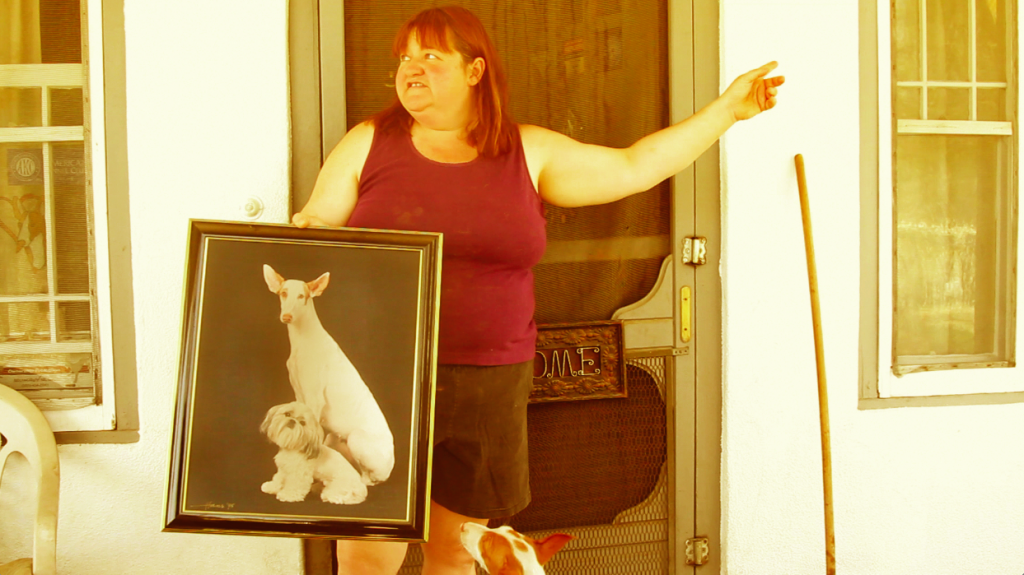
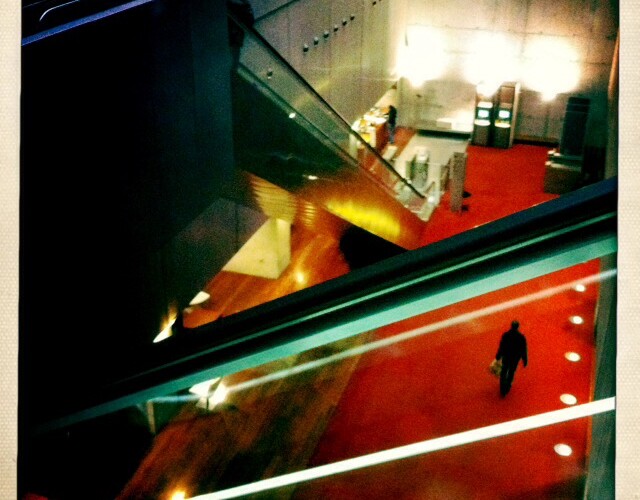
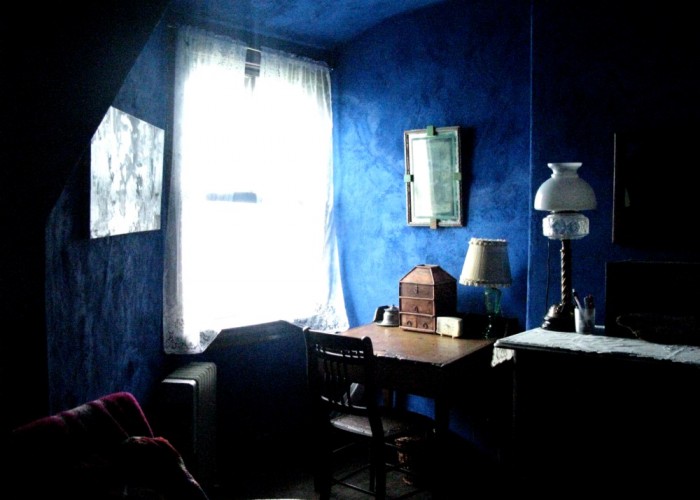
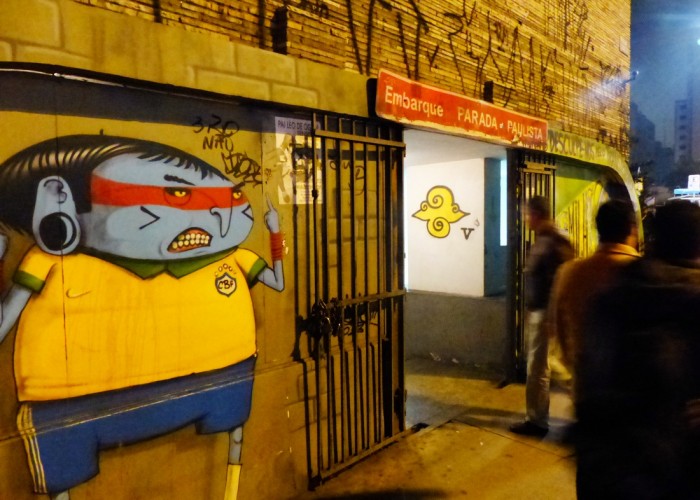
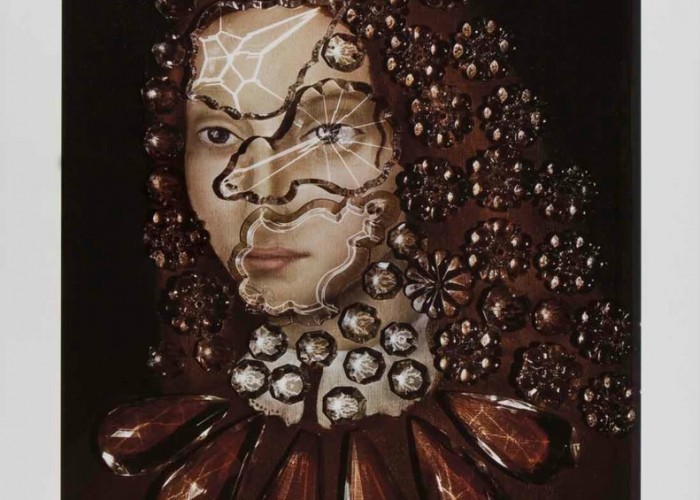



 sending...
sending...